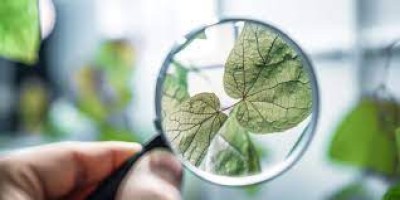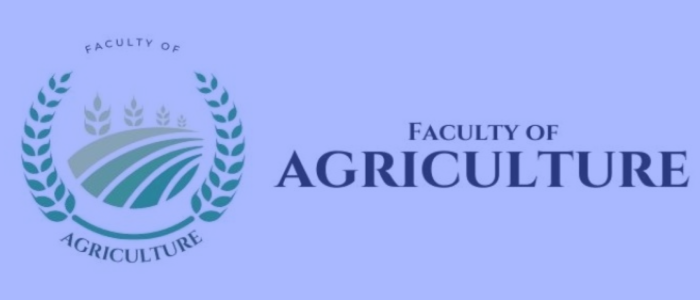Plant Pathology
Plant pathology basically deals with the plant diseases and physiological disorders incited by fungi, bacteria, viruses, nematodes, and mollicutes and also deals with the study of edible fungi called mushrooms. Plant diseases had proved a serious threat to the agricultural economy since ever it was started. Efficient management of the disease ensures the future food security and economical growth of the agriculture sector. In Plant Pathology the students get familiar with the diseases of field crops, vegetables, orchards, ornaments, and their control. Biological control got focus in current days and providing food free of hazardous chemicals and toxins which affect our health quality. We are teaching comprehensively about plant prokaryotes, plant viruses, 57 fungi, mollicutes, plant pathogenic nematodes, seed pathology, forest pathology, and molecular plant pathology. Mycorrhizal fungi got the attention of mycologists as a source to increase soil fertility in natural conditions and organic agricultural production. Beneficial microorganisms are important key factors for increase of soil fertility and biological control of plant pathogens. Our future will be on the efficient and eco-friendly control of the diseases targeting the crops and orchards in temperate areas of Azad Kashmir.

History
Department of Plant Pathology was established in 2012 when the University of Poonch Rawalakot was founded. In 2013, the department introduced Plant Pathology as a specialized subject in the B.Sc. (Hons) Agriculture program. The Masters's program in Plant Pathology was introduced in 2016. Starting in November 2021, the department has initiated a Ph.D. Program in Plant Pathology. Currently, both undergraduate and postgraduate classes are being conducted in the department. At present, there are over 25 undergraduate students and 15 postgraduate students enrolled in the Department of Plant Pathology.
Mission & Vission
The mission of Department of Plant Pathology is:
- To produce high-quality human resources in the field of Plant Pathology for sustainable plant health management.
- To find possible solutions for the plant diseases and post-harvest problems faced by farmers and industry, and also to develop interaction between researchers, academia, and industry for need-based research orientation.
- To impart the latest techniques and advancements at undergraduate and postgraduate levels in the field of Plant Pathology.
- To develop plant disease clinics to facilitate farmers and industry.
Message From HOD
Allow me to present to you the Department of Plant Pathology. The department envisions itself as a prominent and dynamic center, dedicated to the advancement of knowledge in plant diseases and their management through training, research, development, preservation, and dissemination. It is organized into four sections, namely Plant Bacteriology, Mycology, Plant Nematology, and Plant Virology. Each section is staffed with highly qualified professionals, both in terms of academic and technical support.
Currently, 70% of the academic staff hold doctoral degrees (PhDs), showcasing their expertise in the field. The faculty members possess extensive experience in conducting research and teaching at both undergraduate and postgraduate levels. To further enhance their academic proficiency, the staff actively participates in various training programs, conferences, meetings, and seminars.
For field-based research, the department has access to an agriculture farm, enabling practical experimentation. Additionally, there are greenhouses available for controlled studies. The laboratory infrastructure is continuously upgraded, ensuring it remains moderately equipped to support the department's activities.
In conclusion, I would like to express my heartfelt gratitude to all the dedicated faculty members and students for their unwavering dedication, resilience, and focus. It is through their hard work and commitment that the Department of Plant Pathology has been able to maintain its esteemed position within the Faculty of Agriculture. As a cohesive team, we are determined to foster a culture of innovation and continuous improvement in our teaching methods, learning approaches, and research endeavors. Our aim is to stay at the forefront of our field, incorporating new benchmarks and exploring uncharted frontiers that have never been witnessed before.
Dr. Raees Ahmed
Programs

B.Sc.(Hons.) Agriculture(Plant Pathology)
Duration: 4 Years
Duration: 4 Years

M.Sc. (Hons.) Plant Pathology
Duration: 2 Years
Duration: 2 Years

Ph.D Plant Pathology
Duration: 3 Years
Duration: 3 Years


